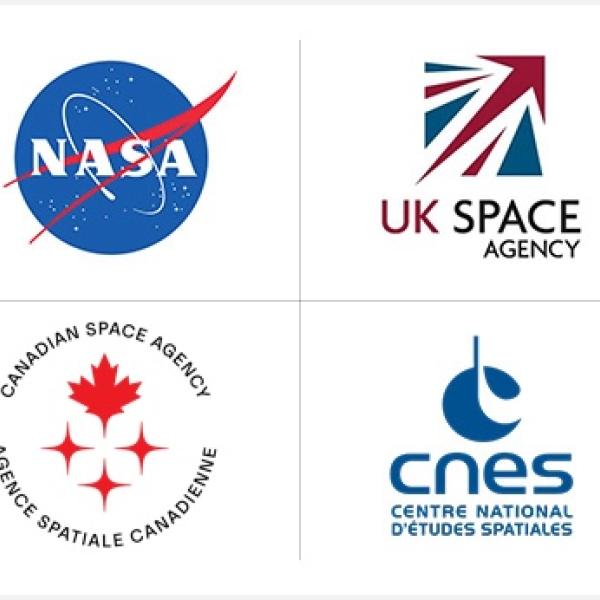SWOT aims to provide valuable data and information about the world's oceans and its terrestrial surface water such as lakes, rivers, and wetlands. Its instruments measure ocean surface topography and land surface water elevation with great accuracy, using interferometry to achieve 2D mapping. Observations from SWOT can be used to better understand ocean currents and processes happening at spatial scales on the order of 15-150 km, something that has not been done before.
SWOT enables high resolution (within 1 km from land) monitoring of coastal regions, including coastal currents, storm surges, and regional sea level change. On land, SWOT provides measurements of water storage changes (surface water area and water depth) of major lakes, reservoirs, rivers, and wetlands, and supports derived estimates of river discharge, which aid in assessing water resources. SWOT can observe rivers wider than 100 m and lakes with a surface area of 15 acres or more.



